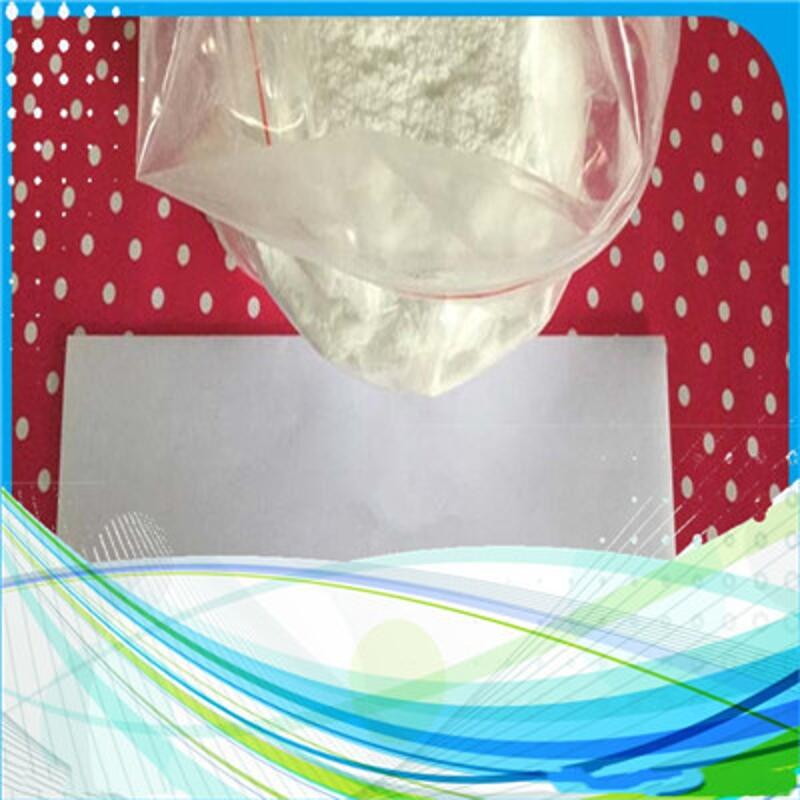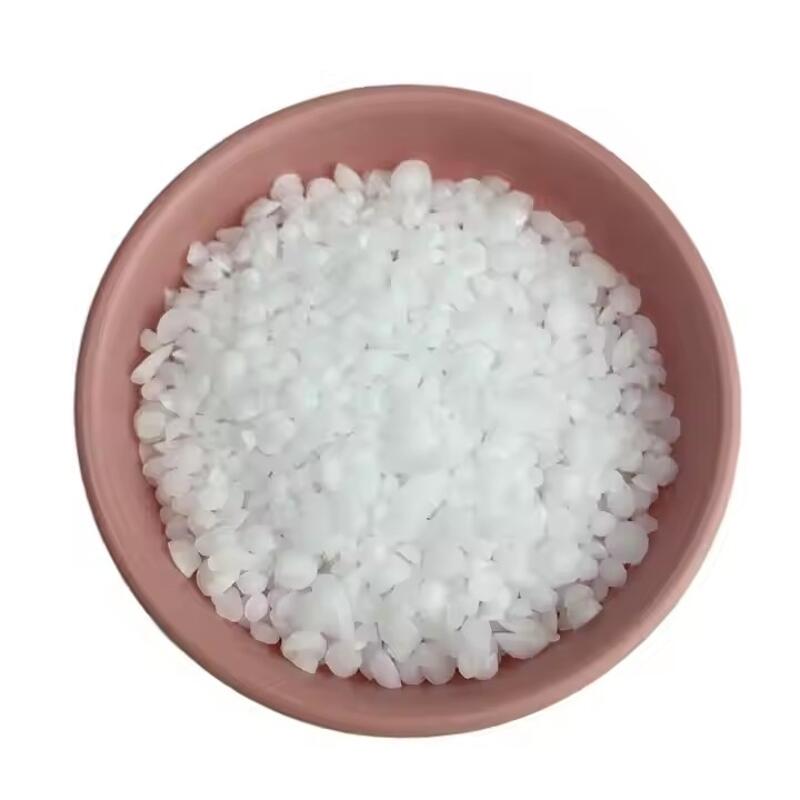It was found that the key enzymes of oxalate metabolism pathway affect the nutritional quality of maize
-
Last Update: 2018-09-20
-
Source: Internet
-
Author: User
Search more information of high quality chemicals, good prices and reliable suppliers, visit
www.echemi.com
On September 10, the plant cell published on-line a research paper entitled "maize oxalyl COA decarboxylase1 degrades oxalate and effects the seed metabolome and nutritional quality" by Wu Yongrui research group, Institute of plant physiology and ecology, Chinese Academy of Sciences In this study, the key enzyme of oxalic acid degradation pathway in maize, oxalyl COA decarboxylase, was cloned and analyzed The molecular mechanism of oxalic acid metabolism involved in the accumulation of grain storage materials and the formation of nutritional quality was revealed Oxalic acid is the simplest binary acid, which has a very high content in plants Oxalic acid plays an active role in regulating metal stress, ion balance and insect defense However, excessive oxalic acid will not only affect the development of plants, but also affect the utilization of various mineral and metal mineral elements, including calcium Excessive intake of oxalic acid from food will lead to the formation of calcium oxalate and kidney stones It has been reported that oxalic acid synthesis and degradation pathways exist in plants One of the degradation pathways is composed of four enzymes, namely oxalylcoenzyme A synthetase, oxalylcoenzyme a decarboxylase, formylcoenzyme a hydrolase and formate dehydrogenase Oxalyl coenzyme A synthetase can catalyze oxalic acid to form oxalyl coenzyme A, and then oxalyl coenzyme A forms formyl coenzyme A under the action of decarboxylase Oxalyl coenzyme A synthetase has been found in many plants, but there is no report of Oxalyl coenzyme A decarboxylase In corn, the degradation and metabolism of oxalic acid is still unknown, and the relationship between oxalic acid and corn grain development, nutrient storage and quality control is also unclear In this study, Wu Yongrui's team cloned the maize oxalyl COA decarboxylase 1 (ocd1) gene After the gene mutation, the endosperm of the seeds showed a powdery phenotype, and the storage material synthesis and grain weight of the seeds also decreased Because there is no commercial oxalyl COA decarboxylase substrate oxalyl COA, researchers have tried a variety of methods to synthesize high-purity oxalyl COA In vitro and in vivo experiments showed that oxalylcoenzyme a decarboxylase can degrade oxalylcoenzyme a to produce formylcoenzyme A and carbon dioxide At the same time, the researchers also found that the classic high lysine mutant gene opaque7 (O7) of maize previously cloned encodes oxalyl coenzyme A synthetase, and proved that O7 can catalyze oxalic acid to form oxalyl coenzyme A In addition, targeted and non targeted metabonomics analysis showed that the energy metabolism, carbohydrate, amino acid and hormone content of the endosperm were significantly affected by the mutation of zeaxyl COA gene This study elucidated the first two steps of oxalic acid metabolism in maize, revealed the relationship between oxalic acid degradation pathway and endosperm development, metabolism and nutritional quality, and provided candidate genes and molecular mechanisms for genetic improvement of high oxalic acid content vegetables (such as spinach) in the future This work was mainly completed by Yang Jun, deputy researcher of Wu Yongrui research group, and Fu Miaomiao, doctoral student Dr Ji Chen and Huang Yongcai participated in the related work The research work is supported by the Ministry of science and technology, the National Natural Science Foundation, the Chinese Academy of Sciences, etc.
This article is an English version of an article which is originally in the Chinese language on echemi.com and is provided for information purposes only.
This website makes no representation or warranty of any kind, either expressed or implied, as to the accuracy, completeness ownership or reliability of
the article or any translations thereof. If you have any concerns or complaints relating to the article, please send an email, providing a detailed
description of the concern or complaint, to
service@echemi.com. A staff member will contact you within 5 working days. Once verified, infringing content
will be removed immediately.







